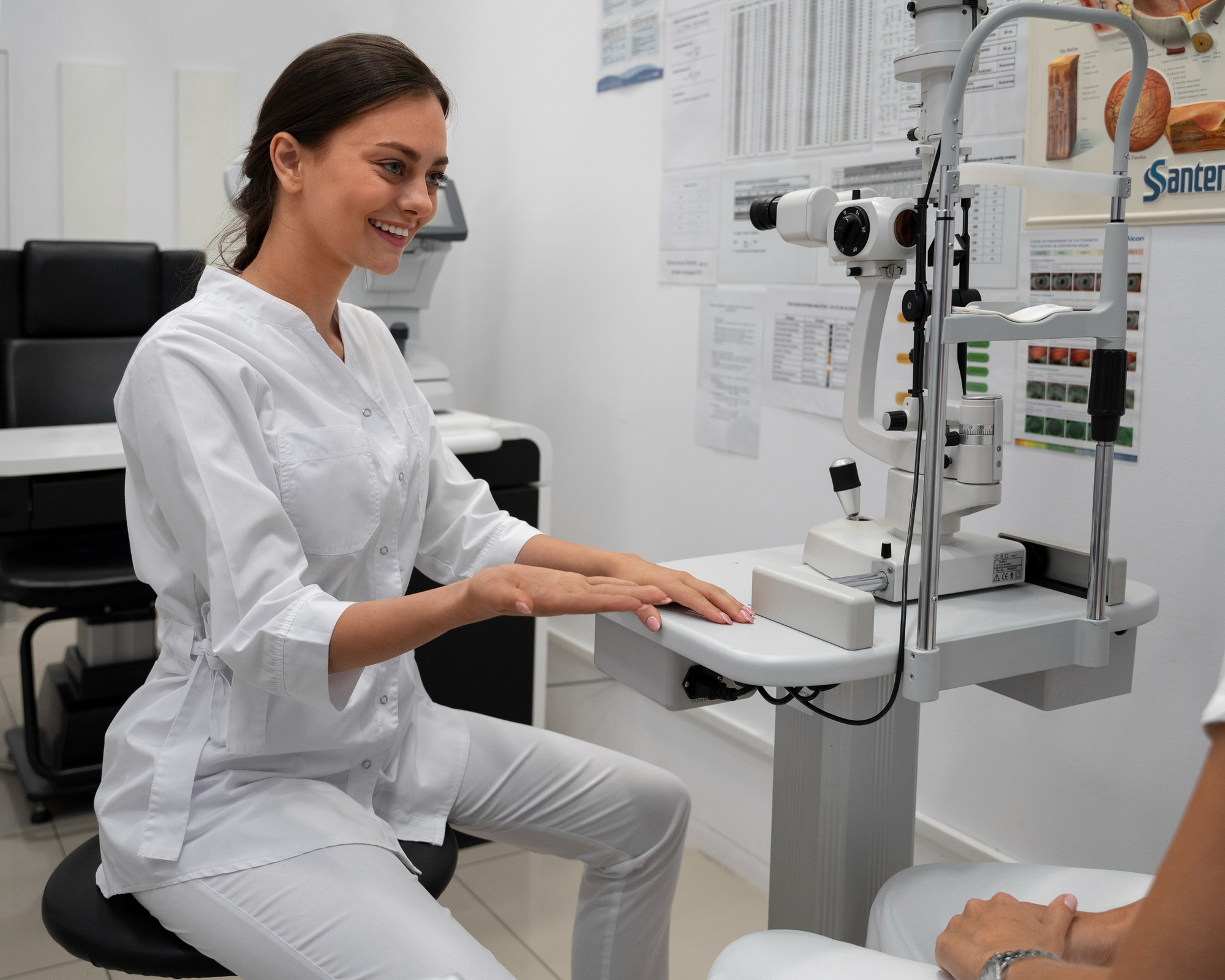
In the field of optometry, the words we use hold significant power in shaping the perception of patients and influencing their decisions regarding treatment. As optometrists, understanding the impact of specific words and phrases can be instrumental in converting and capturing new patients, particularly in areas like dry eye management.
Why Words Matter
Words are not just a means of communication; they are tools that can evoke emotions, convey information, and drive action. When discussing conditions like dry eye, using precise and impactful language can help patients better understand the severity of their condition and the importance of seeking appropriate treatment.
Shifting Mindsets with Words
By choosing words that accurately describe the condition, such as “ocular surface disease” instead of “dry eye disease,” optometrists can provide a more comprehensive and nuanced explanation to patients. This shift in terminology can help patients grasp the complexity of their condition and the need for targeted treatment.
Educating Patients Effectively
When discussing dry eye management with patients, optometrists should focus on using words that convey the chronic and progressive nature of the condition. By explaining that dry eye is a disease where the body is attacking itself, optometrists can emphasize the importance of intervention and the potential long-term implications of untreated dry eye.
Creating a Patient-Centric Approach
Optometrists should aim to educate patients using visual aids, videos, and other resources to enhance their understanding of the condition and treatment options. By involving the entire team in patient education and ensuring consistent messaging, optometry practices can create a patient-centric approach that fosters trust and encourages patients to take proactive steps towards managing their ocular surface disease.
In conclusion, the power of words in optometry cannot be underestimated. By choosing language that is clear, informative, and empathetic, optometrists can effectively shift patient perception, increase engagement with treatment options, and ultimately improve patient outcomes in conditions like dry eye management.
